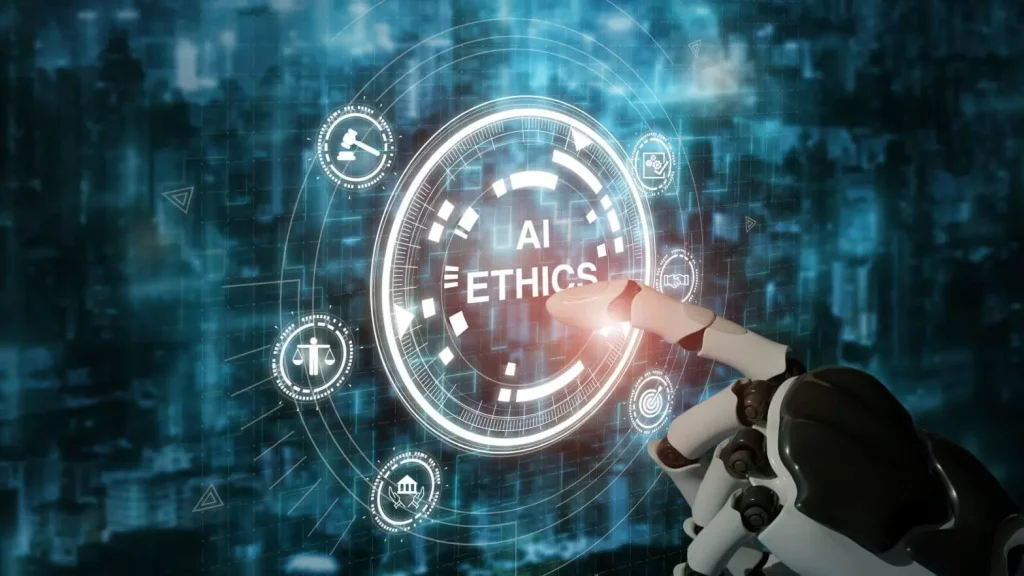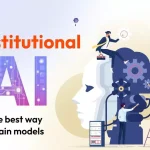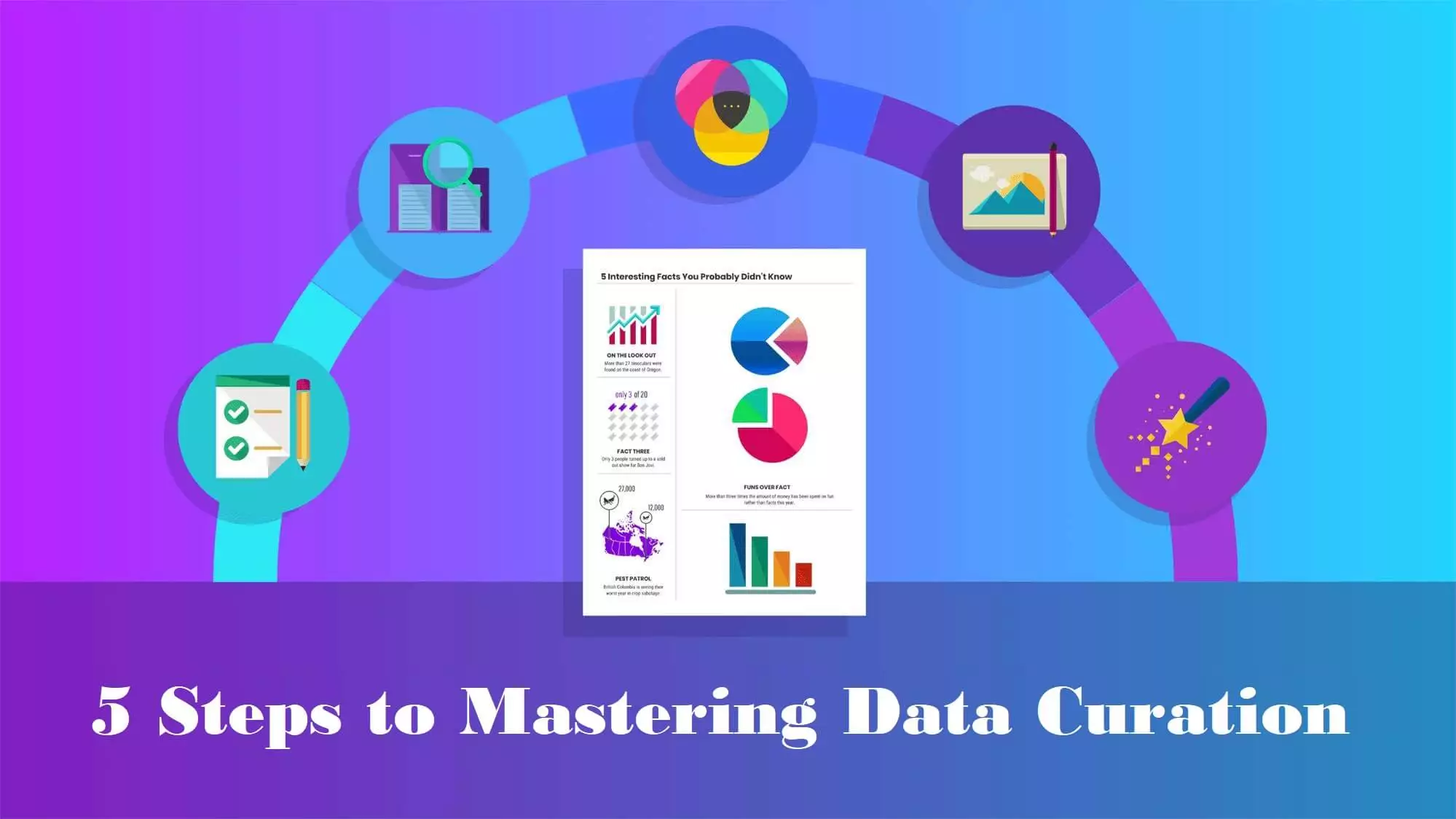AI Ethics in the Workplace
As artificial intelligence becomes increasingly prevalent in the workplace, ensuring ethical AI development and use is crucial. With AI poised to transform how we work, companies must consider fairness, safety, and transparency through an AI ethics lens to balance innovation with responsibility.

Content
Fair and Unbiased Systems
One of the most important aspects of ethical AI is building fair and unbiased systems. However, algorithms can reflect and even amplify the biases of their human creators or the data used to train them. Companies must audit their AI systems for unfair biases related to factors like gender, race, disability status and socioeconomic class. Biases could negatively impact some groups’ opportunities or treatment. Conducting bias analyses and making results transparent helps address this challenge.
Safety First with New Technologies
As AI capabilities continue advancing, new safety issues may emerge. Developers need procedures to systematically identify, evaluate and mitigate risks from AI systems before and after deployment. For jobs involving public safety, like healthcare or transportation, extra precautions are warranted. A safety-first mindset is key as companies experiment with cutting-edge applications of AI like robotics.
Transparency Builds Trust
Lack of transparency is another factor eroding public trust in AI. Revealing how decisions are made helps people understand, manage and challenge automated outputs. Companies should disclose model limitations and considerations factored into the design process. For high-risk jobs, like credit assessment, full explanations of individual decisions may be necessary. Overall, transparency strengthens accountability and assures workers and customers that AI is used responsibly.
Worker Reskilling and Support
While AI will transform many jobs, its impact on workers must be carefully managed. Companies should reskill employees for new roles as some tasks become automated. Supporting workers’ transitions in a fair and compassionate way upholds their dignity. Outplacement assistance, retraining programs and internal transfers to open positions can soften disruption. With an aging population, AI also creates opportunities to design more inclusive, accessible workplaces.
Regulation is on the Horizon
As governments grapple with regulating new technologies, companies operating ethically will be well positioned. Many nations are drafting laws around issues like algorithmic transparency, bias auditing and job impact assessments. Those proactively addressing such concerns now will have a head start on compliance when regulation takes effect. Leading with responsibility and cooperation on these issues builds goodwill with policymakers too.
In summary, developing AI technologies with fairness, safety, transparency and worker welfare in mind helps companies balance innovation with ethics as jobs evolve. By proactively addressing these challenges, businesses can gain a competitive edge and build public trust in their use of artificial intelligence.
FAQs
What are some examples of unfair biases that can emerge in AI systems?
Common examples include gender or racial biases where algorithms provide different outcomes or opportunities to groups of people based on attributes like gender or race rather than qualifications. For instance, an AI recruiting tool could favor male candidates over equally qualified women. Facial analysis tools have also struggled with biases, having difficulty identifying gender or attributes of people with darker skin tones.
How can companies ensure the safety of AI technologies, especially those directly impacting public safety?
For technologies directly involved in public safety functions, companies should subject systems to rigorous risk assessment and testing before and after deployment. This includes carefully evaluating how systems might fail or be manipulated in high-risk scenarios. Independent third party audits can also help identify issues. Ongoing monitoring and a process for promptly addressing safety concerns post-deployment are also important. For new applications like robotics, companies should start with limited deployments and scale up cautiously as safety is proven.

George is a wonderful person. He is very nice and always willing to help out! He loves his job because it lets him share interesting things with people who want to know about new developments in the world of technology.





